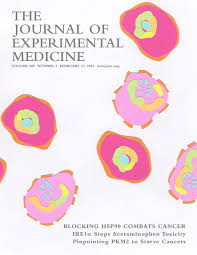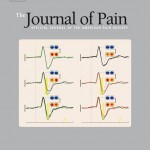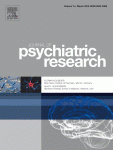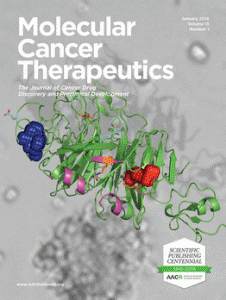![]() A pharmaceutical researcher has received his fourth and fifth retractions for duplicating papers.
A pharmaceutical researcher has received his fourth and fifth retractions for duplicating papers.
Last we saw Giuseppe Derosa on this blog, he was notching retractions after publishing results from the same clinical trial in six different papers; as part of that fallout, a journal has pulled a fourth paper associated with the trial.
Here’s the note for “Effects of an olmesartan/amlodipine fixed dose on blood pressure control, some adipocytokines and interleukins levels compared with olmesartan or amlodipine monotherapies,” which has been cited twice, according to Thomson Scientific’s Web of Knowledge: Continue reading Investigation leads to 5th retraction for drug researcher









